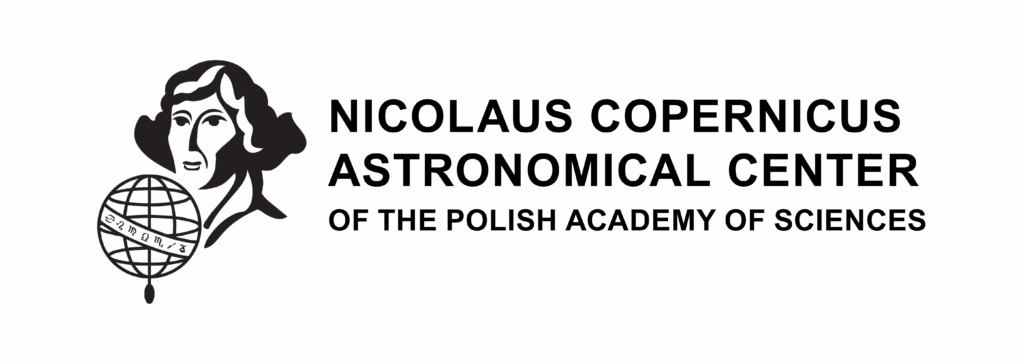Cenk Türkoğlu: “In particle physics, you are working as a team”
Dr. Сenk Turkoglu, AstroCeNT postdoctoral researcher at “SiPM Systems for Astronomical Physics and Medical Physics” Group, told us about his road to astrophysics, working experience in Turkey, Austria and the UK, the importance of teamwork in scientific experiments, and his current involvement in AstroCeNT project in Poland.
AstroCeNT group leaders about 2020
“We have learned how to use new tools and how manage our work in this difficult year. Now we look into the future.
We have ambitious plans: we want to be able to predict the shape of gravitational wave signals; we want to understand the seismic noise impacting gravitational wave detectors; we want to develop quantum machine learning techniques for space observations.
We will look for ambitious PhD students willing to help us in these scientific endeavors.
We hope that 2021 will be a good year for science – the one we do out of pure curiosity and the one that makes our lives better”.
Marcin Kuźniak: “At AstroCeNT we implement projects that are of great importance to both science and industry”
AstroCeNT — the ultra-modern Particle Astrophysics Science and Technology Centre of the Polish Academy of Sciences — was established in Warsaw in 2018. Currently, under the leadership of Prof. Leszek Roszkowski the Centre implements its research program, attracting scientists from all over the world. Dr. Marcin Kuźniak joined the team in 2019 as the leader of the group that is working on the improvement of silicon photomultipliers — technology extremely important for both science and industry. Marcin told us about his path to astrophysics, 10-years’ experience in Canada and return to Poland, as well as about the projects developed by AstroCeNT.
AstroCeNT during these difficult times of pandemic
During these difficult times AstroCeNT's team moved its activities almost entirely on-line. The spirits are high. Weekly on-line meetings...
Read more
Visit to AstroCeNT of top-level delegation from CNRS
On Friday 21 February 2020 three high-level officials from CNRS visited AstroCeNT. With annual budget of over 3.2 billion...
Read more






